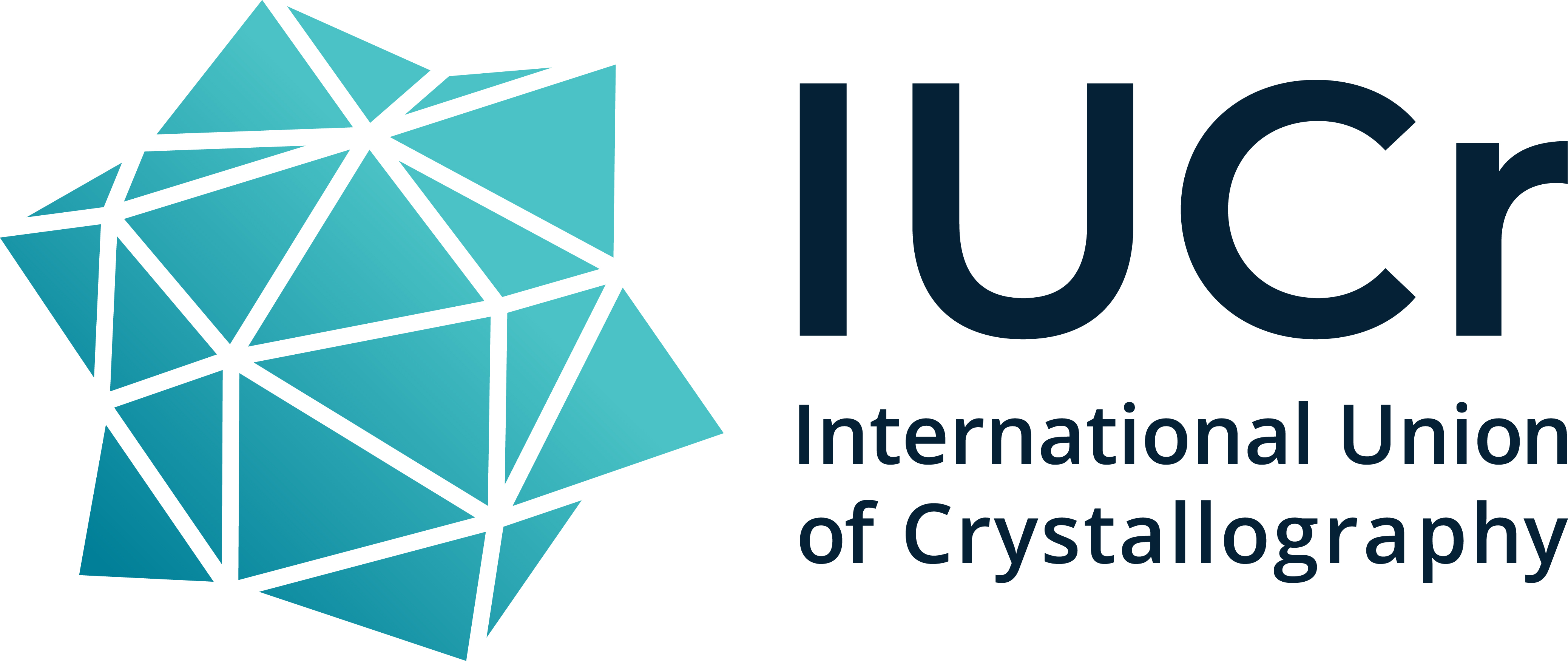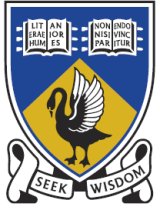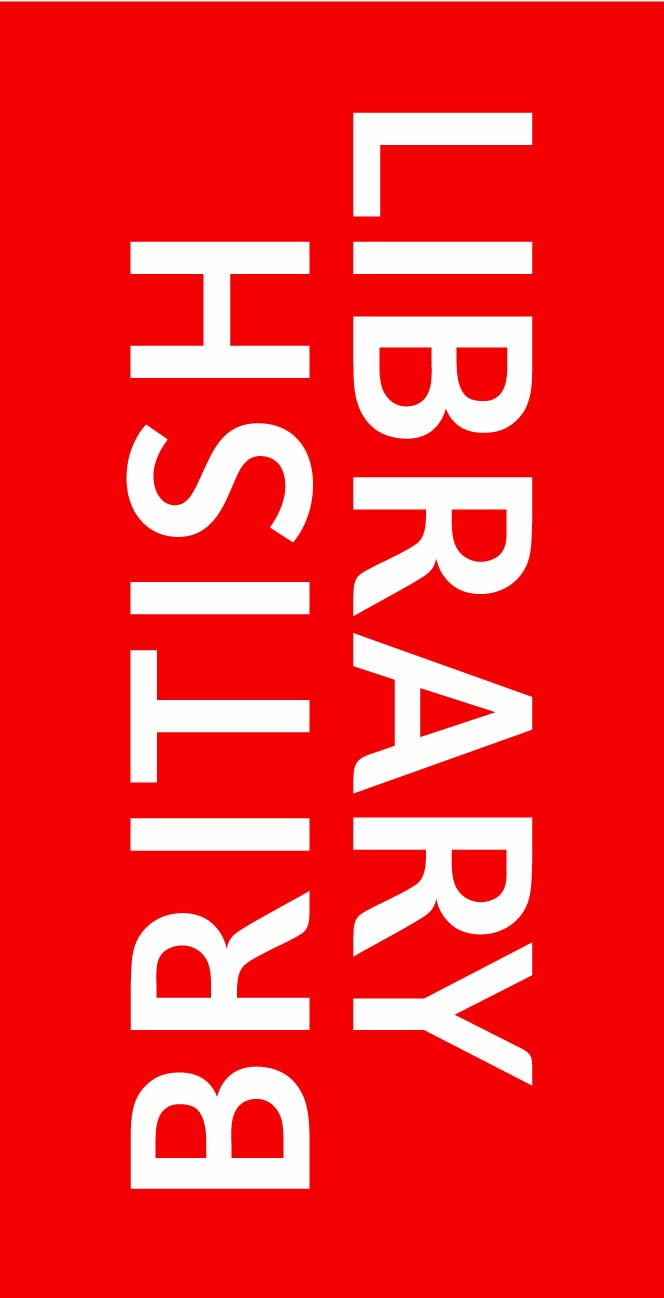Crystallographic Information and Data Management
A Satellite Workshop to the 28th European Crystallographic Meeting
University of Warwick, Coventry, England
August 23-24, 2013
The CIF2/DDLm Workshop will take place at the University of Warwick on 23-24 August, 2013. Participation in the Workshop will be by invitation only, in order to permit close focus on technical aspects of dictionary design and extensions to the CIF syntax and dictionary methods. Individuals with a strong interest in these topics but who are not known to the Workshop organisers are, of course, welcome to apply for such an invitation. The main topics of the Workshop will be:
- Introduction to the CIF2 extended syntax
- Development of an API to permit community development of open-source libraries and tools
- Introduction to DDLm, a dictionary definition language supporting algorithmic methods
- Discussion of dREL, a prototyping methods evaluator language
- Tutorials and demonstrations of JsCifBrowser, a CIF2 implementation in JavaScript
- Approaches to CIF dictionary authoring
The development of the Crystallographic Information Framework (CIF) since the late 1980s has been supported by the International Union of Crystallography, by database organisations such as the Protein Data Bank and Cambridge Crystallographic Data Centre, and by active software developers in academia and industry. Many of the original developers are now at retirement age, and research support within Universities is more difficult to obtain, in part because of the interdisciplinary nature of the work. COMCIFS is looking to new ways to secure the long-term vitality of ongoing CIF dictionary and software development.
Post-Workshop Symposium
The public Symposium at University of Warwick will celebrate the achievements of the CIF project in crystallographic publishing, databases and experimental data handling, and will look to the future as CIF and similar standards provide even more functionality to cope with the growing complexity of research data management. Structural crystallography as a discipline has had almost unrivalled success in promoting first-rate data and publication practices. More than a dozen experts will demonstrate the richness and effectiveness of existing best practice, and will set this in the context of a scientific research framework that places increasing emphasis on scientists' responsibilities for proper data handling.
Programme
|
Day 1: Dictionaries
|
I. Current definition approaches
|
| 09:00-09:10 |
Welcome. Housekeeping arrangements and schedule |
B. McMahon |
| 09:10-09:40 |
Writing ontologies for semantic physical science |
P. Murray-Rust |
| 09:40-10:10 |
General principles for CIF definitions |
B. McMahon and S. R. Hall |
| 10:10-10:30 |
Discipline considerations in writing CIF dictionaries |
I. D. Brown |
| 10:30-10:50 |
Coffee |
| 10:50-11:05 |
Successes and lessons from IUCr journals |
M. A. Hoyland |
| 11:05-11:20 |
Successes and lessons from powder diffraction |
B. H. Toby |
| 11:20-11:35 |
Successes and lessons from structural biology |
J. Westbrook |
| 11:35-11:50 |
Successes and lessons from raw data management |
H. J. Bernstein |
| 11:50-12:05 |
Recent developments at the Crystallography Open Database |
Saulius Gražulis |
| 12:05-13:00 |
Writing a layman's guide for dictionary construction. |
Collaborative exercise, facilitated by J. R. Hester |
| 13:00-14:00 |
Lunch |
II. DDLm definition approaches
|
| 14:00-14:30 |
New attributes for definitions in DDLm |
S. R. Hall and B. McMahon |
| 14:30-15:00 |
Structural and conceptual changes using DDLm |
N. Spadaccini |
| 15:00-15:30 |
Conversion of current core definitions to DDLm |
S. R. Hall and B. McMahon |
| 15:30-16:00 |
Conversion of mmCIF/PDBx dictionary to DDLm |
J. Westbrook |
| 16:00-16:30 |
Break |
III. Taking CIF to the wider scientific world
|
|
| 16:30-16:40 |
Preview of the Information and Data Management Symposium |
B. McMahon |
| 16:40-16:50 |
Report on the CIF/NeXus/HDF5 meeting preceding this Workshop |
H.J. Bernstein |
| 16:50-17:10 |
Namespace conventions and mixed-discipline data CIFs |
J. R. Hester |
| 17:10-17:20 |
CIF2 syntax refresher |
J.C. Bollinger and J. R. Hester |
| 17:20-18:00 |
General discussion on CIF2 and how to introduce next-generation dictionaries to existing workflows. |
Day 2: Dictionary Applications
|
I. Software support for DDLm
|
| 09:00-09:30 |
Software for dictionary building and maintenance |
S.R. Hall and B. McMahon |
| 09:30-10:30 |
DDLm methods for evaluation, definition and validation |
N. Spadaccini |
| 10:30-11:00 |
Coffee |
| 11:00-11:30 |
JsCifBrowser: a DDLm tool for CIF2 applications |
D. duBoulay and N. Spadaccini |
| 11:30-13:00 |
Tutorial on the use of JsCifBrowser |
D. duBoulay and N. Spadaccini |
| 13:00-14:00 |
Lunch |
II. Designing and implementing an API for CIF
|
| 14:00-14:30 |
The Concrete Syntax Tree for dREL implemented in JsCifBrowser |
N. Spadaccini and D. duBoulay |
| 14:30-15:00 |
Draft API specifications arising from the IUCr forum |
J.C. Bollinger |
| 15:00-15:30 |
Round table on building future CIF APIs |
Facilitated by J.R. Hester, N. Spadaccini and J.C. Bollinger |
| 15:30-16:00 |
Software licensing issues and documentation |
Discussion led by H.J. Bernstein, J.C. Bollinger and B. McMahon |
| 16:00-16:30 |
Break |
| 16:30-17:30 |
Where to from here: discussion on who does what and when? |
| 17:15-18:00 |
COMCIFS business meeting |
|
|
Date and venue
Friday/Saturday 23-24 August 2013
Room B2.02 Sciences Building
University of Warwick, Gibbet Hill Road, Coventry CV4 7AL, UK.


![[CIF home page] [CIF logo]](https://www.iucr.org/__data/assets/image/0015/131037/CIF_white.png)




![[CODATA logo]](https://www.iucr.org/__data/assets/image/0007/77794/codatalogosmall.jpg)
![[Wiley logo]](https://www.iucr.org/__data/assets/image/0008/77795/wiley_logo.gif)
![[Royal Society of Chemistry logo]](https://www.iucr.org/__data/assets/image/0013/80230/rsc_logo.png)
![[Elsevier logo]](https://www.iucr.org/__data/assets/image/0007/79117/Elsevierlogo85.gif)
![[Crystallography Open Database logo]](https://www.iucr.org/__data/assets/image/0004/79600/codsmall.jpg)
![[Bruker logo]](https://www.iucr.org/__data/assets/image/0005/79601/bruker_logo.png)
![[International Tables Vol. G]](https://www.iucr.org/__data/assets/image/0014/11156/g.gif)
